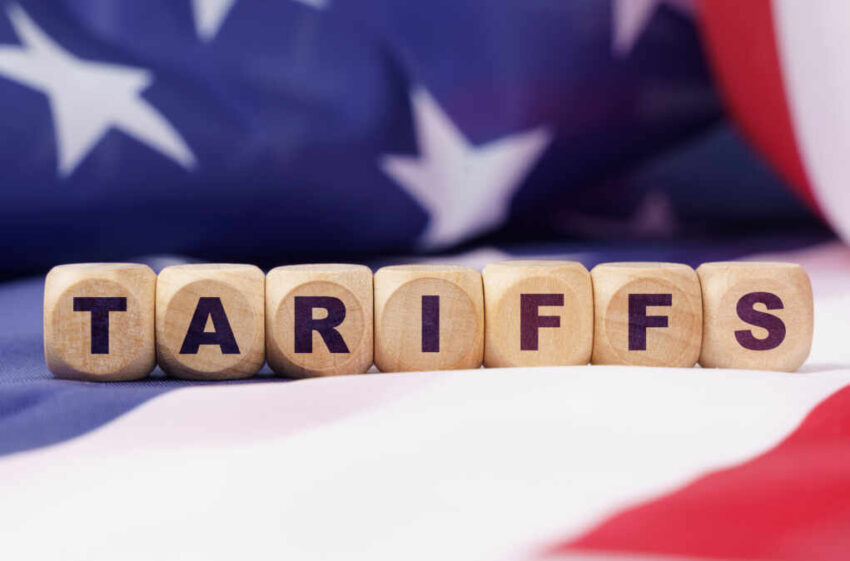Vermont small businesses are warning that the end of a long-standing federal exemption on imports under $800 will sharply drive up costs starting this Friday.
At a Glance
- A federal executive order ends the customs exemption for import orders valued under $800.
- The change takes effect this coming Friday, immediately impacting small retailers and shoppers.
- Vermont entrepreneurs say the added tariffs could raise prices and squeeze profit margins.
- The exemption had previously allowed small online purchases to avoid duties—now eliminated.
The Tariff Turning Point in Vermont
As of this Friday, Vermont businesses that rely on imports for under-$800 items will lose a critical cost-saving loophole. A federal executive order nullifies the longtime customs exemption, meaning even low-value imports now face duty charges. Vermont retailers—from those stocking specialty parts to niche online goods—are bracing for sticker shock.
Watch now: How are Vermont businesses dealing with tariff whiplash? · YouTube
Why It Matters—In Vermont and Beyond
This move isn’t just a local shake-up—it affects national consumer behavior. Retailers warn that eliminating the exemption will force them to either absorb new costs or pass them on to buyers, potentially undermining affordability and disrupting inventory strategies. Time reports that such tariffs could tack on over $800 in additional costs per household in 2025, with broader implications for goods like building materials, cars, and apparel.
A Layered Tariff Landscape
The shift builds on a larger patchwork of trade intervention by the Trump administration. Earlier this year’s “Liberation Day” tariffs imposed a 10% baseline duty plus additional country-specific tariffs starting April 5 and April 9, respectively. Certain legal challenges followed—in May, the U.S. Court of International Trade struck down broad tariff authority under the IEEPA, though enforcement was temporarily restored by an appeals court.
Meanwhile, sector-specific tariffs—such as on aluminum beer cans, musical instruments, and apparel—have already strained Vermont businesses, from breweries and maple syrup producers to music stores and cycling apparel makers.
Sources
Click this link for the original source of this article.
Author: Editor
This content is courtesy of, and owned and copyrighted by, https://thecongressionalinsider.com and its author. This content is made available by use of the public RSS feed offered by the host site and is used for educational purposes only. If you are the author or represent the host site and would like this content removed now and in the future, please contact USSANews.com using the email address in the Contact page found in the website menu.





